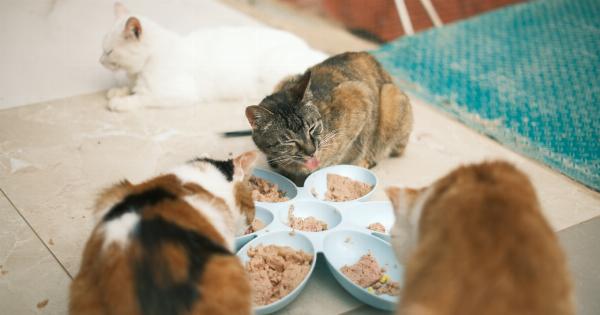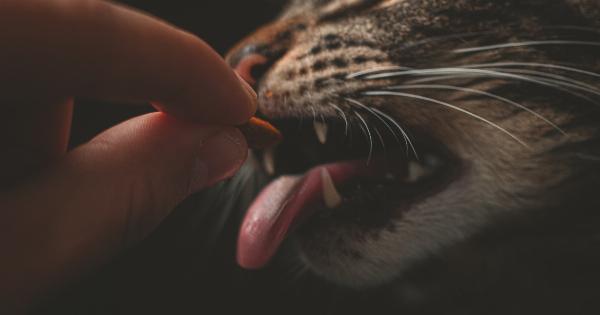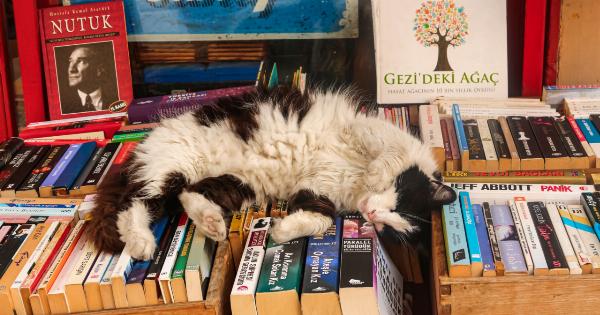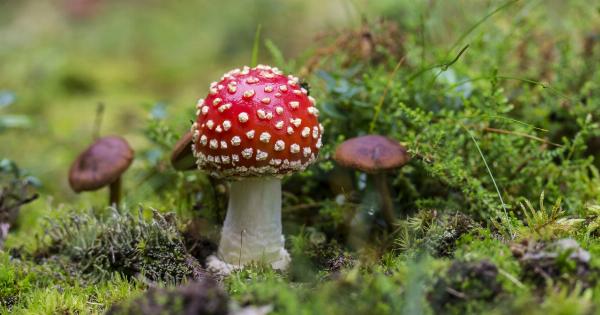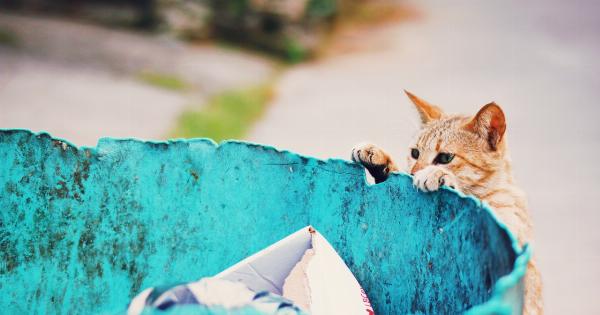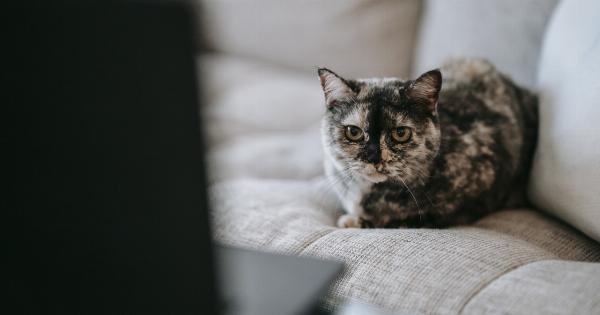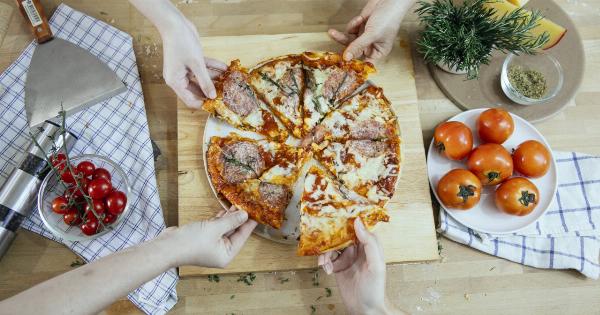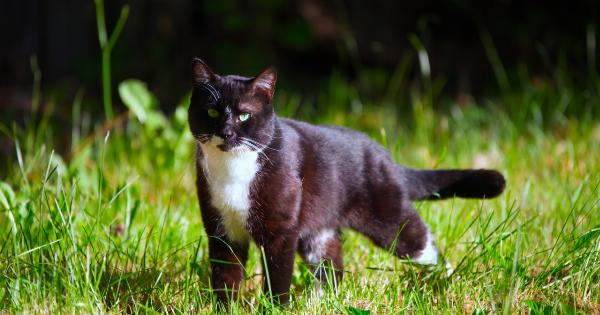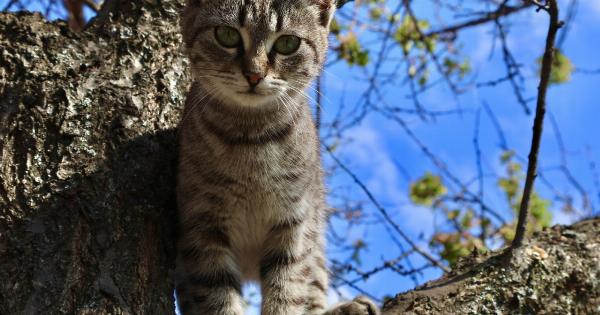As our furry friends age, their nutritional needs change, and it becomes essential for us to provide them with the best diet possible to keep them healthy and happy.
Senior cats have specific dietary requirements that must be met to prevent age-related health issues and maintain their overall well-being. In this article, we will explore the best foods for keeping your senior cat healthy, ensuring they receive the proper nutrients they need in their golden years.
Understanding Senior Cat Nutrition
As cats age, their metabolism slows down, and their bodies undergo various changes. It is crucial to adapt their diet accordingly to accommodate these changes.
Senior cats require specific nutrients to support their aging bodies and prevent common health conditions such as obesity, diabetes, and kidney disease.
The Importance of High-Quality Protein
Protein is an essential component of a cat’s diet at any age, and it becomes even more critical for senior cats. As cats age, their ability to efficiently utilize protein decreases.
Hence, it is crucial to provide them with high-quality, easily digestible protein sources such as lean poultry, fish, or meat. These protein sources help maintain lean muscle mass and support their overall health.
Increasing Moisture Intake
A common health issue in senior cats is dehydration. Older cats may not have the same thirst drive as when they were younger, leading to decreased water intake. This can increase the risk of urinary tract problems.
One way to combat this issue is by feeding your senior cat wet food, which has a higher moisture content. Wet food not only helps keep your cat hydrated but also provides a more satisfying and easily digestible meal.
Adding Omega-3 Fatty Acids
Omega-3 fatty acids have numerous benefits for senior cats. They help promote cognitive function, support joint health, and maintain a healthy coat and skin.
Fish oil supplements or foods enriched with omega-3 fatty acids are a great addition to your senior cat’s diet. These supplements can also help reduce inflammation and provide relief for cats suffering from arthritis or other age-related joint issues.
Fiber for Digestive Health
As cats age, their digestive system may become less efficient, leading to issues such as constipation or diarrhea. Including fiber-rich foods in their diet can help regulate their bowel movements and promote healthy digestion.
Look for cat foods that contain moderate amounts of easily digestible fiber, such as pumpkin and sweet potatoes. However, it is important to introduce new foods gradually to avoid any digestive upset.
Managing Weight and Portion Control
Obesity is a significant health concern for senior cats, as it can lead to various other health issues. It is essential to monitor your cat’s weight and adjust their food intake accordingly.
Consult with your veterinarian to determine the appropriate portion sizes and feeding schedule for your senior cat, taking into consideration their activity level and specific health conditions.
Special Considerations for Cats with Dental Issues
Dental problems are prevalent in senior cats, and they can significantly impact their ability to eat. If your cat has dental issues, consider feeding them softer food or moistening their kibble with a bit of water to make it easier for them to chew.
Additionally, regular dental check-ups and professional cleanings are crucial to maintain good oral health in senior cats.
Avoiding Common Food Allergens
Senior cats may develop food sensitivities or allergies as they age. It is essential to keep an eye out for any adverse reactions to specific ingredients in their food.
Common allergens for cats include grains, dairy products, and certain protein sources such as beef or chicken. If you notice your senior cat experiencing digestive issues or skin problems, consult your veterinarian to determine if a diet change is necessary.
The Role of Veterinary Diets
In some cases, senior cats may require specialized veterinary diets to manage specific health conditions.
If your cat has been diagnosed with kidney disease, diabetes, or any other medical condition, your veterinarian may recommend a prescription diet tailored to their needs. These diets are specifically formulated to provide the necessary nutrients while helping manage the particular health condition your senior cat may be facing.
Transitioning to a New Diet
Switching your senior cat’s diet should be done gradually to avoid any stomach upset. Start by mixing a small amount of the new food with their current food, gradually increasing the ratio over several days.
Monitor your cat’s appetite and overall well-being during the transition, and consult your veterinarian if you notice any significant changes or concerns.
Conclusion
Ensuring your senior cat receives a nutritionally balanced diet is vital for their overall health and well-being.
By providing them with high-quality protein, plenty of moisture, and essential nutrients such as omega-3 fatty acids and fiber, you can help support their aging bodies and prevent or manage common health issues. Additionally, regular veterinary check-ups and consultations are key to addressing any specific dietary needs or health concerns your senior cat may have. With a proper diet and the right care, your senior cat can enjoy a long, healthy, and happy life.



